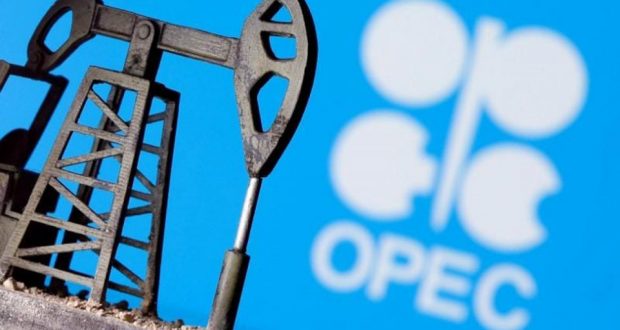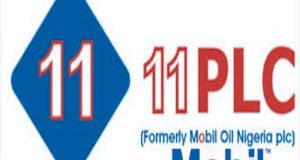The Federal Government on Monday insisted that it had not raised the pump price of Premium Motor Spirit, popularly called petrol, above the regulated cost of N165/litre.
It said the hike in the cost of the commodity, currently between N175/litre and N230/litre, depending on the location of purchase, was done by oil marketers. The government, however, could not explain why it was not enforcing the approved price.
Oil marketers across the country recently raised the price of petrol above the approved N165/litre rate without any official approval by the government. This was despite the fact that the cost of commodity was still being regulated.
The marketers had argued that the N165/litre approved price was not sustainable and was contributory to the scarcity of petrol in many locations nationwide.
They eventually hiked the pump price of petrol and had maintained the price increase for several weeks running without any resistance by the government.
Speaking on the sidelines of the stakeholders’ consultation forum on Midstream and Downstream Petroleum Regulations organised by the Nigerian Midstream and Downstream Petroleum Regulatory Authority in Abuja, the Minister of State for Petroleum Resources, Chief Timipre Sylva, insisted the government had not raised the price of PMS.
Asked to comment on the disparity in the pump prices of petrol and why the government had not waded into the matter, the minister said, “Well, I can tell you authoritatively that we have not deregulated.
“The government is still subsidising, if there are increases in the price it is not from the government, it is probably from the marketers.
“But, of course, I will talk to the NMDPRA’s chief executive to ensure that they actually regulate the prices. But this is not from the government because we have not deregulated.”
Probed further to explain why no action had been taken against the marketers and why there had been no monitoring exercise to enforce the government approved price, Sylva replied, “Well, I don’t know about monitoring exercise.
“But I know that the authority is fully on their job and the queues will be dissipated very soon.”
On the essence of the forum, the Chief Executive, NMDPRA, Farouk Ahmed, said the programme was in accordance with the demands of the Petroleum Industry Act to allow stakeholders participate in the making of regulations which impact on them.
He said, “Section 216 of the PIA mandates the authority to ‘consult with stakeholders prior to finalising any regulations or amendments to regulations’.
“However, we do not consider this an obligation or box-ticking exercise as continuous engagement with our stakeholders to enable their business is at the core of our regulatory philosophy.”
Ahmed said the regulator had so far published and received significant feedback on the 10 regulations to be considered, as he outlined the pm to include the Petroleum (Transportation and Shipment) Regulations; Assignment and Transfer of Licence and Permit Regulations; and Midstream and Downstream Petroleum (Operations) Regulations.
Others include the Petroleum Pipeline Regulations; Gas Pricing Domestic Demand and Delivery Regulations; Natural Gas Pipeline Tariff Regulations; and Midstream and Downstream Decommissioning and Abandonment Regulations.
He named the remaining to include the Environmental Regulations for Midstream and Downstream Operations; Midstream and Downstream Gas Infrastructure Fund Regulations; and Environmental Remediation Funds Regulations.
Ahmed assured industry stakeholders that their inputs as regards the regulations during the forum, would be taken seriously, adding that the aim was to grow the Nigerian oil sector.
 Financial Energy Review
Financial Energy Review





